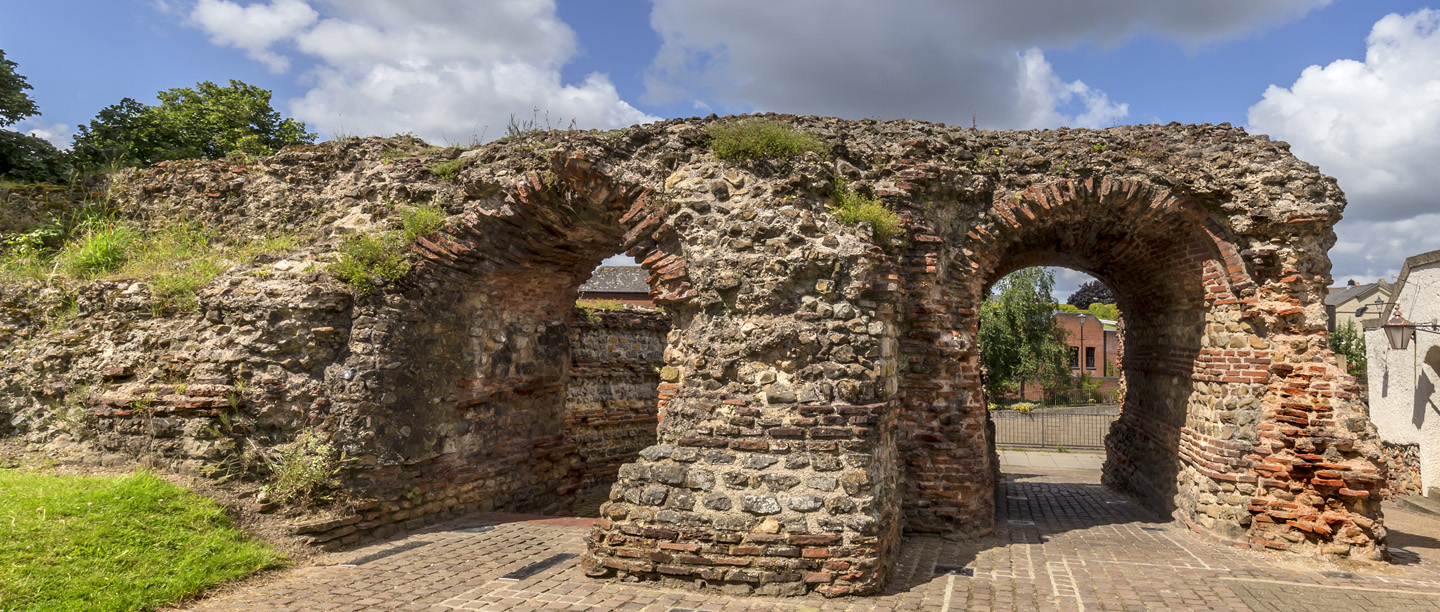Colchester was the initial target of the Roman invasion of Britain led by the Emperor Claudius in AD 43. A legionary fortress was established here and occupied for five or six years. In AD 49 the resident legion (Legio XX) was relocated to support the advancing frontier. The Emperor Claudius decided that a colony of retired army veterans known as a 'colonia' should be established on the site of the fortress. Colchester was the first of four such coloniae in Britain, the others being Lincoln, Gloucester and York. During this period of the early Roman colonia, Colchester also became the centre for the imperial cult, with a huge temple dedicated to the emperor Claudius being constructed around AD 54, following Claudius' death. Excavations have revealed large quantities of luxury items dating from the period of the early Roman colonia, including fine pottery and jewellery, suggesting that some of the town's wealthier residents had a very comfortable lifestyle. 
In AD 60/61 Colchester was the first major target of the Boudican revolt against Roman authority. The revolt left behind a remarkable red and black destruction layer which varies in depth from a few centimetres to up to half a metre in some parts of Colchester. This deposit consists of the stumps of burnt clay walls of buildings buried beneath a mass of broken and collapsed fragments of clay from the upper parts of the walls.
Following the Boudican revolt of AD 61, Colchester was re-established as a colonia, and remained so for around 300 years. The later Roman town re-used the existing street grid and some of the pre-Boudican building plots. The town had numerous public buildings including two vast theatres, one inside the town close to Maidenhead Street which seated an audience of up to 3,000, and the other at Gosbecks which had a capacity of around 5,000, making it the largest theatre of its kind in Roman Britain. Colchester is also home to the only known Roman circus in Britain. This was discovered in 2004 during excavations on the site of Colchester Garrison, approximately 400 metres south of the walled town.